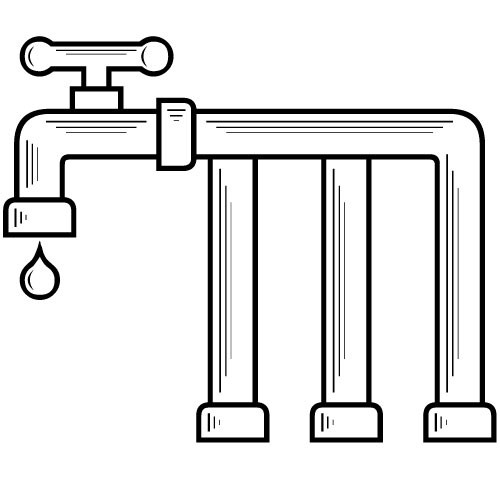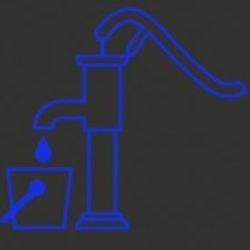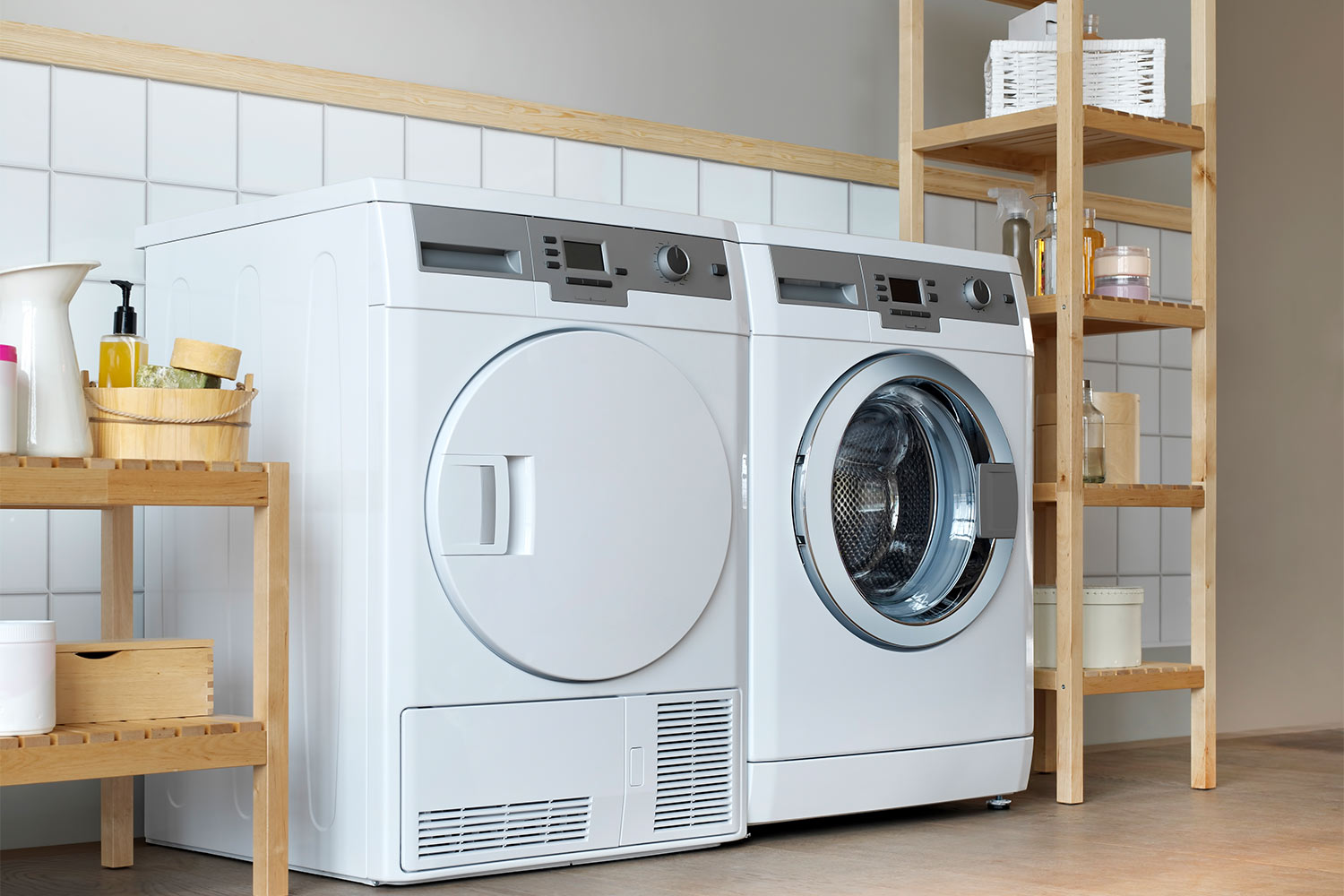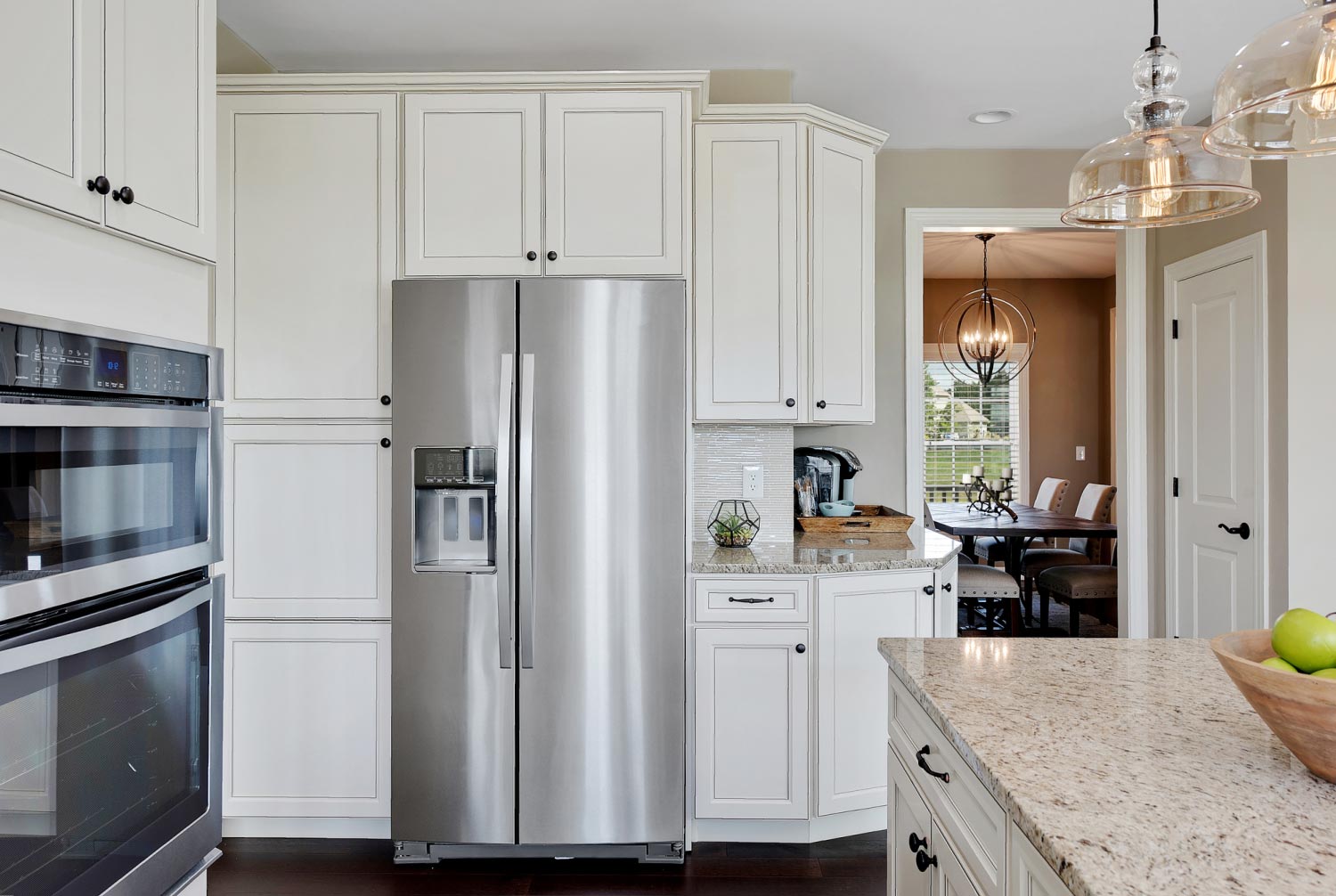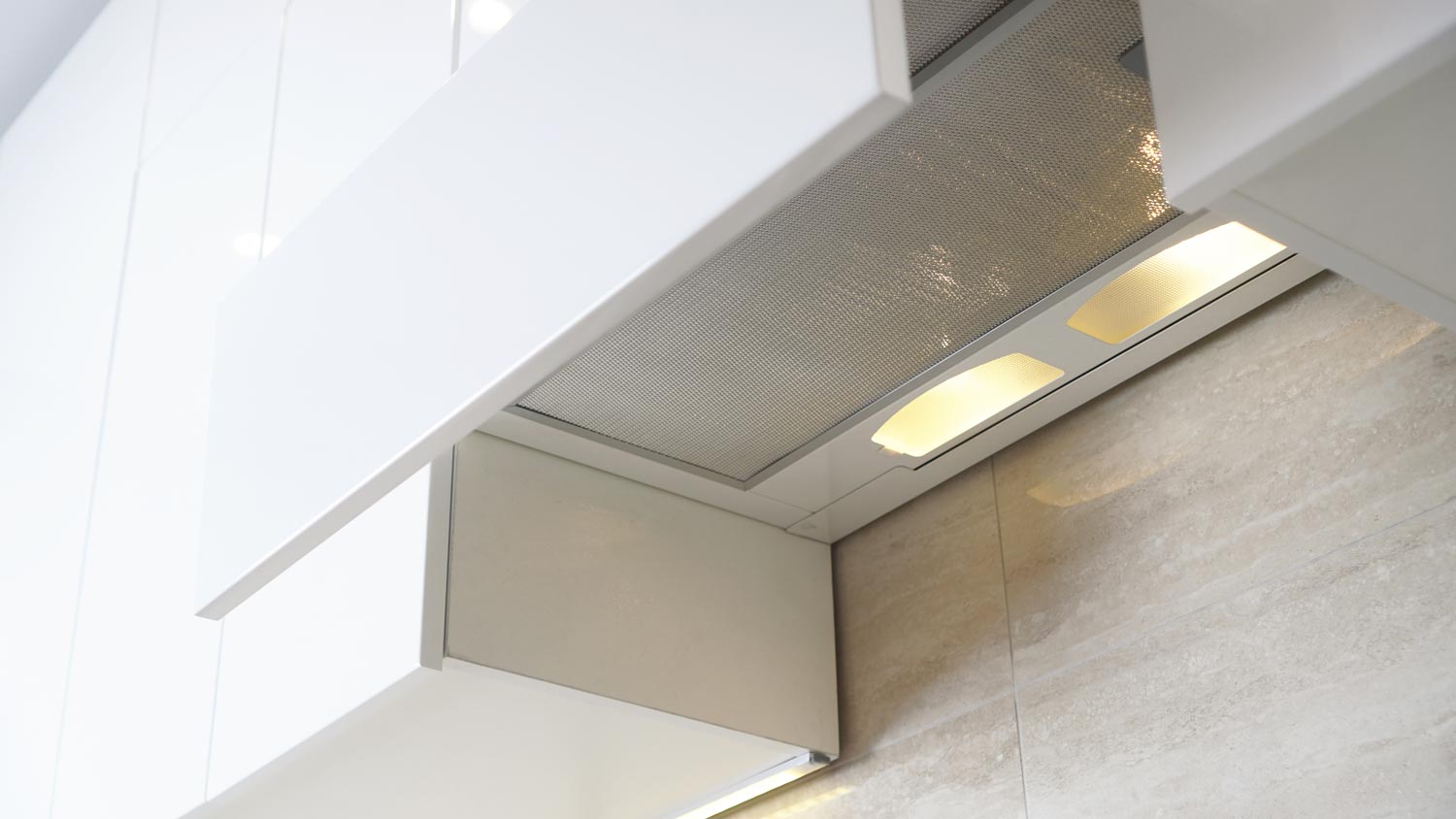kidwells plumbing & heating
kidwells plumbing & heating
Kidwells Plumbing has been in service since 1987 serving the Jefferson, Berkley counties of WV. We offer all plumbing services, pump instalation, water softners,bath and kitchen remodel, drain cleaning (interior & exterier), oil furnace repair , new home plumbing instalation, and many other services..
Kidwells Plumbing has been in service since 1987 serving the Jefferson, Berkley counties of WV. We offer all plumbing services, pump instalation, water softners,bath and kitchen remodel, drain cleaning (interior & exterier), oil furnace repair , new home plumbing instalation, and many other services..





